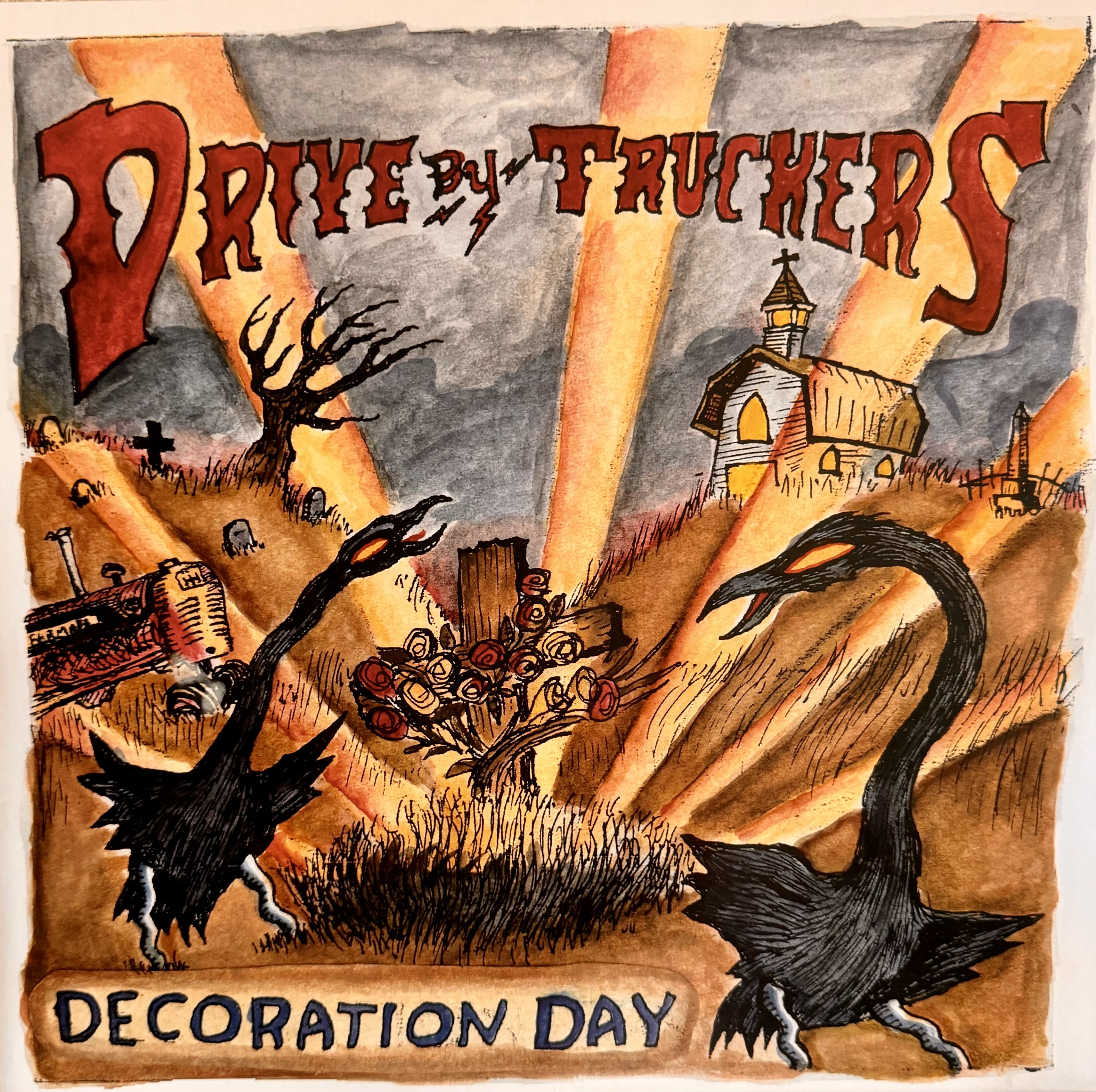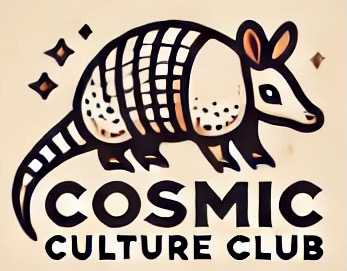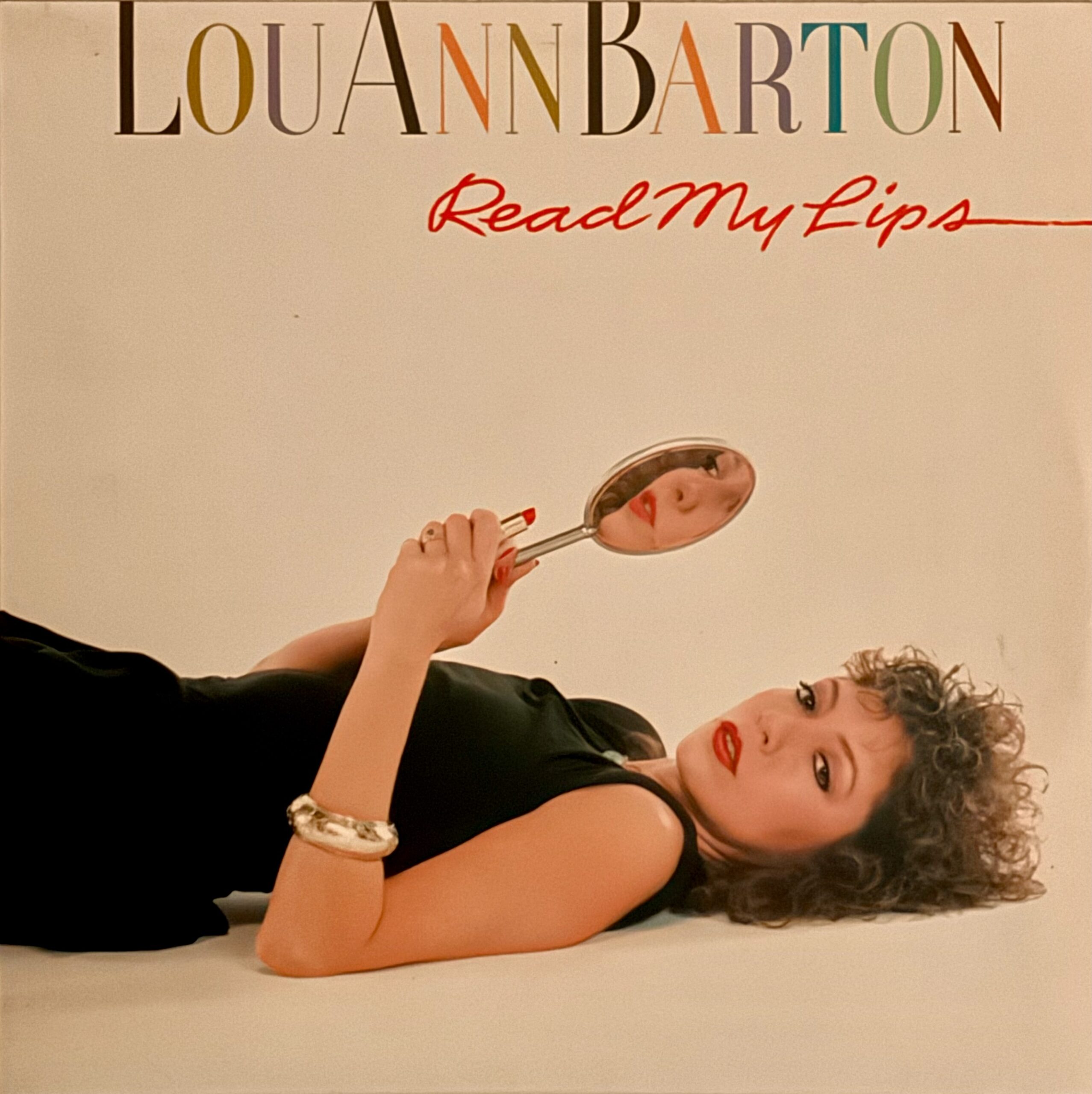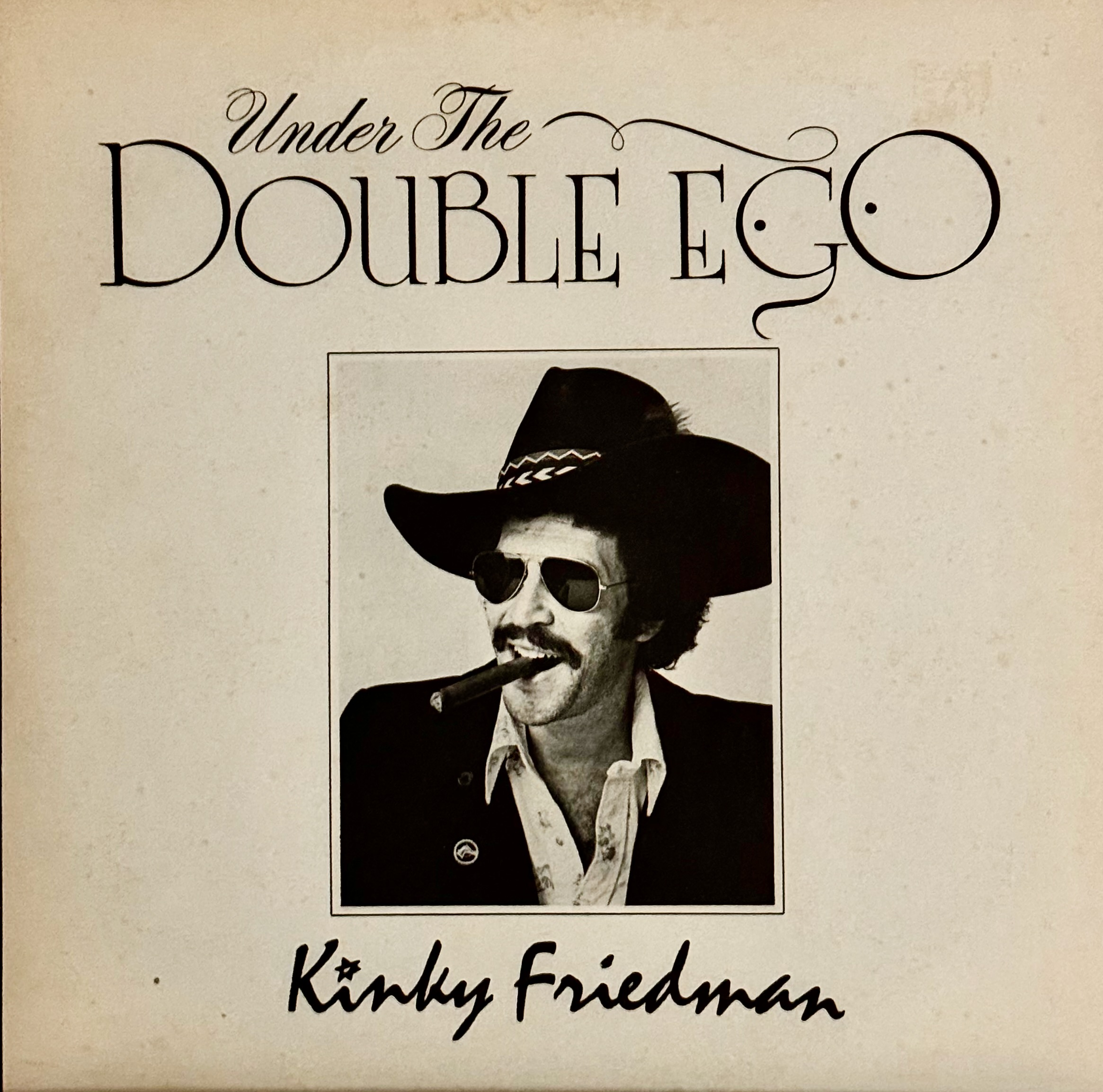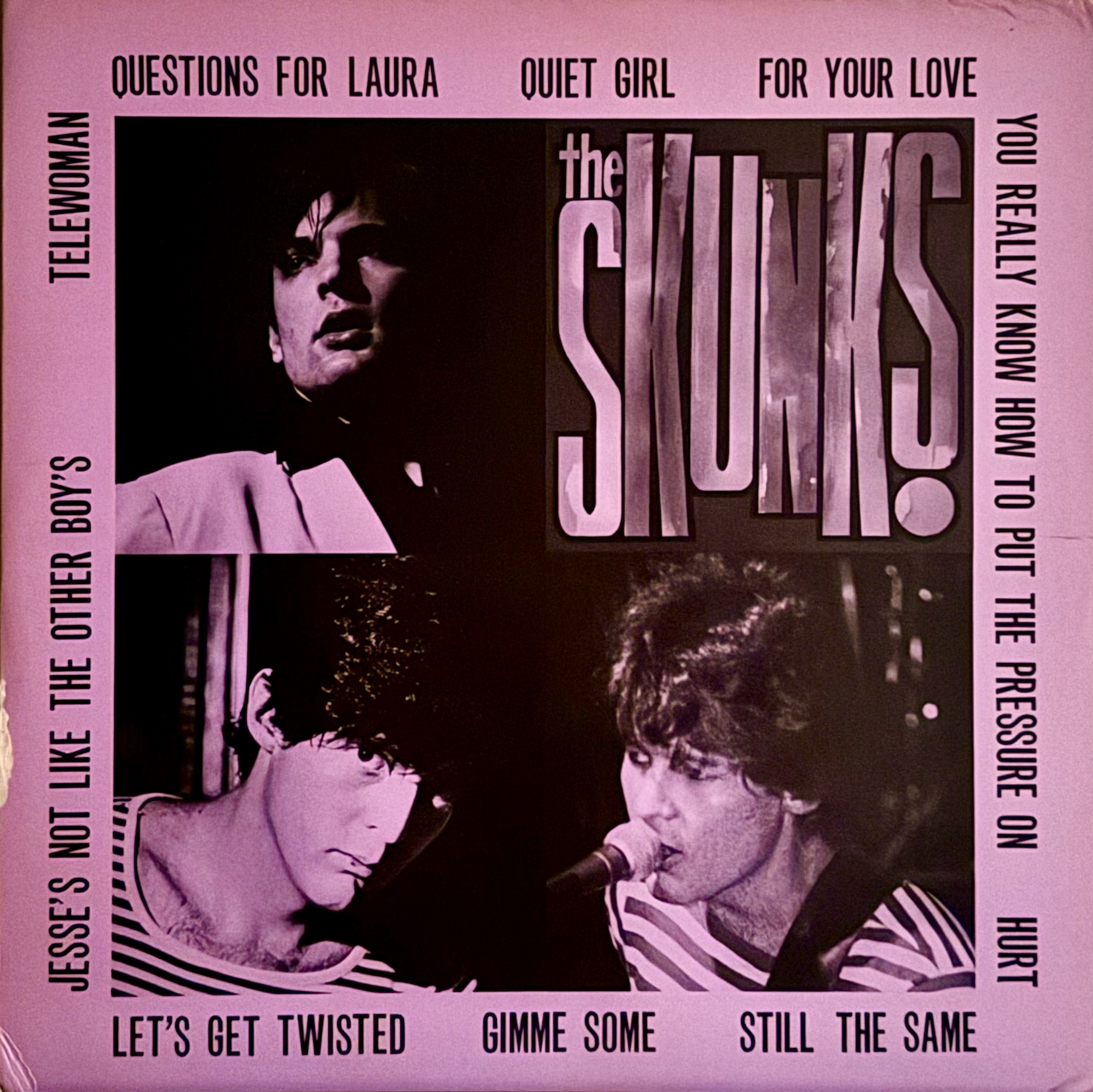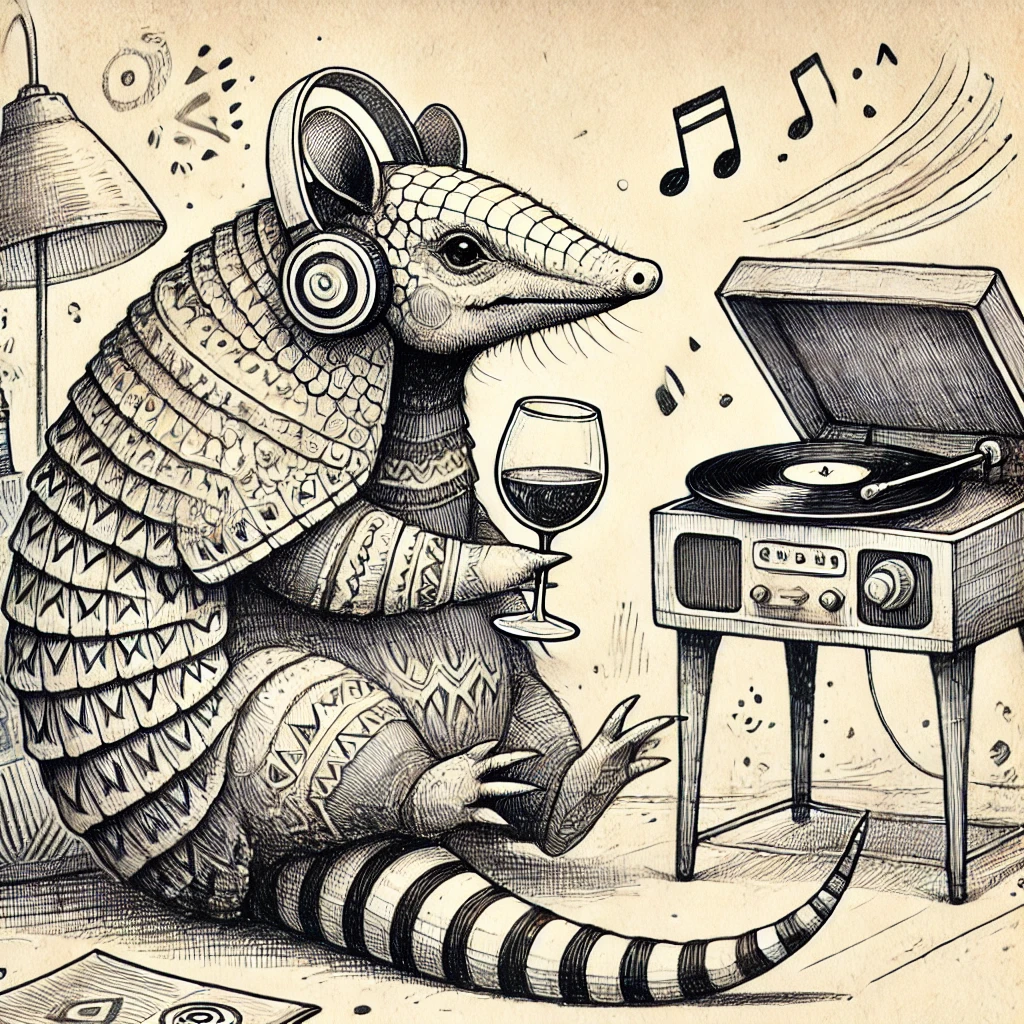Drive By Truckers
Album: Decoration Day
Release Date: 2003
Let’s clear one thing up. I’ve promoted this project as “an exploration of essential albums in the history of Texas music.” Yet, here I am highlighting an Alabama-born band that found a home in an impressive Athens scene that also boasts R.E.M. and Widespread Panic. It’s fair to ask why.
The simple answer is that I will grasp at the flimsiest of excuses to include the Drive By Truckers (DBT) in any collection of essential albums. They sit at the Pantheon of great lyricists, and tell the stories of small town America in a way that rivals Bruce Springsteen. But, unlike The Boss, their stories are told in a Southern accent and set in small towns that have been scheming to make America great again since before the first civil war.
The existential answer is that they are an Austin band. Spiritually. If you define Austin as a mental state, Patterson Hood is mayor. They embrace the music this city claims jurisdiction over –a genre that fits between country and rock, and is a nuisance to Nashville record executives who claim jurisdiction over anything southern. DBT was filling clubs in Austin long before the rest of the nation caught up. I was late to the party, and I’ve seen them at Red Eyed Fly, Stubb’s, Paramount, Scoot Inn, ACL Fest, Moody Theatre, and a few other late nights that since blurred to obscurity.
My introduction to the band felt local. I had a metal head friend that found a copy of Decoration Day accidentally stuck in the wrong jacket of a used CD he bought from Waterloo Records. He was pissed at first, then he listened to the album and decided to gift it to me. It was a Mike Cooley line that made him a fan, “My daddy didn’t pull out, but he never apologized.” He would roar with laughter whenever the song played.
The challenge with selecting one album to represent the Drive By Truckers is that they are prolific songwriters with evolving musical styles. Patterson Hood once said, “bands are like people — they evolve, they change, they grow. If they don’t, they die.” Early Truckers albums are brash mixtures of pre-grunge punk sprinkled with the Allman Brothers. Then, they went through a groovy stage where they included a female vocalist and R&B bass lines. There are also the overtly political albums that shunned parody and cut to the heart of what needed to be said. There’s at least half a dozen albums I can confidently point at and say, “this is the greatest album in the Trucker collection!”
If they were a Texas band, it would be easy. I’d have the luxury of featuring an album from each era and we’d follow the band through its evolutions. But, since the Truckers are only spiritually an Austin band I don’t get the same leniency. I am a professional, after all. Decoration Day is a solid choice to represent the band. It prominently features their signature three guitar attack wielded by the band’s biggest stars. Mainstays Patterson Hood and Mike Cooley are joined for the first time by rising star Jason Isbell who is nearly twenty years younger.
Despite the inequity of experience, they were experiencing stardom for the first time together. “The whole Truckers thing was a circus,” Isbell recalled in Stephen Duesner’s book Traveling the South with the Drive By Truckers. “At times I felt like I was in a gang, and at other times I felt like I was in a cult. And sometimes I felt like I was riding around with my uncles and they were all hungover and grumpy. And sometimes I felt like a rock star.”
A distinguishing feature of a DBT album is that it features multiple songwriters, and Decoration Day is no exception. The principal members contributed songs to the album, with Patterson Hood pacing the group with nine. It’s his divorce album, and he confronts it with a trilogy of songs (“Heathens,” “Your Daddy Hates Me,” and “Something’s Got To Give”) that confront the split in the most rockstar way imaginable. They aren’t an apology, but they are an acknowledgement.
The benefit of multiple songwriters is getting more than one viewpoint. On Decoration Day that’s exemplified by Cooley and Hood both writing songs about the suicide of an old friend who played brief stints with the band. What’s surprising is that it wasn’t a recent tragedy. The death occurred years earlier, and without discussing it both songwriters showed up to the recording sessions with a goodbye song.

They not only kept them both, they sequenced them back to back on side three. Cooley goes first with “When the Pin Hits the Shell,” a bittersweet goodbye to a friend drenched in the authenticity of admitting that friend was an asshole. Patterson Hood’s “Do It To Yourself” is heavier on the themes of loss and betrayal. “And some might say I should cut you slack / But you worked so hard at unhappiness / Living too hard just couldn’t kill you / So in the end you had to do it yourself.” Together, the songs are stark reminders that the Truckers aren’t poets pontificating about metaphorical idiosyncrasies. Their songs are worn out and lived in. They’re reflections of real life — journalistic outpourings of their human experience.
Jason Isbell only contributed two songs to the album, but they were both hits. “Outfit” is a retelling of the advice his dad gave him before he set out on his first DBT tour. There’s added depth when you remember that Patterson Hood went to high school with his mom. The Truckers brought out a grittier version of Jason Isbell, and that’s on full display in “Decoration Day.” The song is about the absurdity of hate told through the prism of a fictional Hatfield and McCoy plot that includes provocative lines like, “My daddy got shot right in front of his house, and he had no one to fall on but me. / It’s Decoration Day. And I got a mind to go spit on his grave.”
The album has everything there is to love about the Truckers. Poignant lyrics, some of them tongue in cheek, sung over no-holds barred guitar rock. They aren’t telling happy stories, but they aren’t sad just to be cute. They are songs about real life, with real life endings. If you’ve been to a Truckers concert you recognize these as the anthems that get people whooping and waving their beers in the air. I think that’s the point.

Peachy Gold Rush
The Truckers unlock the deep South for our cocktail adventure. This drink is a play on the Whiskey Sour that captures all the flavors associated with the South, from Peach Pie to Sweet Tea. The peach can be left out for a traditional version of the cocktail, but I’m including it as a nod to Athens.
Ingredients
- 2 oz Bourbon
- 3/4 oz fresh squeezed lemon juice
- 3/4 oz honey-peach syrup*
Directions
- Add bourbon, lemon juice, and syrup to a shaker full of ice. Shake well.
- Strain into a rocks glass over a single large cube.
- Garnish with lemon twist.
*To make the peach simple syrup combine 1 cup water, 1 cup honey, and 1 cup fresh sliced peaches in a saucepan and bring to a boil. Stir gently to combine the water and honey. Simmer the mixture for ten to fifteen minutes. Strain the peach and let the syrup cool.

